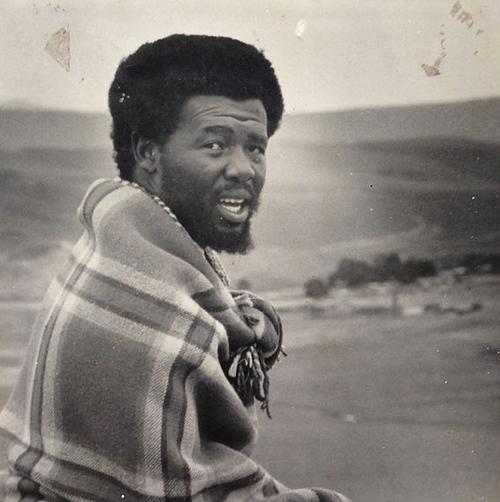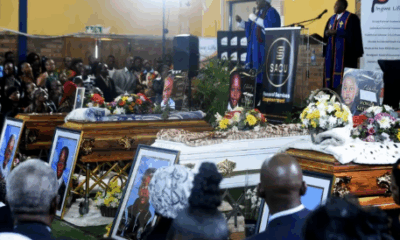For forty years, the memory of what happened to Bathandwa Ndondo has lingered in the Eastern Cape, a painful, unresolved thread in the fabric of a community’s history. It’s a story of a brutal afternoon, a combi, and a man shot while running for his life. For decades, it seemed this story would remain frozen in time, one of many apartheid-era atrocities whose details were known but whose justice was denied.
That long wait for accountability may finally be ending.
In a significant move, the National Prosecuting Authority (NPA) has confirmed that a former member of the Transkei Security Branch will be hauled before the Cala Magistrate’s Court. He faces charges for the murder, forty years ago, of Bathandwa Ndondo.
The Day the Combi Came
The facts of the case, as outlined by the NPA, paint a harrowing picture of September 23, 1985. The then-Transkei homeland government had tasked a groupincluding the accused, another Security Branch member, and two Askaris (ANC defectors who worked for the regime)with arresting Ndondo.
They found him at his home in Cala Village. Witnesses saw the group leave with Ndondo in a combi, allegedly telling him he was being taken to the local police station for questioning. What happened next was not an orderly transfer into custody.
As the vehicle moved through the village, a struggle erupted. Witnesses saw Ndondo, his upper body naked, fighting to get out through the window. He eventually tumbled from the moving vehicle and began to run. His pursuers gave chase, firing shots at him.
He stumbled into a homestead, where he fell. The shooting did not stop. The group then loaded his wounded body back into the combi. He was taken to the police station, then to the hospital, where he succumbed to his injuries.
The Ghost of the TRC
This case is not new to the halls of justice. It was examined by the Truth and Reconciliation Commission (TRC), the national body created to expose the horrors of the past in exchange for amnesty.
The accused applied for this amnesty. His application was rejected.
The reason for the rejection is telling. He claimed that he and his accomplices shot Ndondo because they feared for their own lives, believing they would be killed by the Askaris if they did not. The TRC found this justification lacking, a failed attempt to meet the commission’s standard of full disclosure and political motivation.
That rejection left a door open, a legal possibility that the NPA is now walking through. With the principal accomplices since deceased, the focus falls squarely on the one surviving former officer.
A Long-Awaited Reckoning
NPA regional spokesperson Luxolo Tyali stated that the charge of murder or conspiracy to commit murder will be preferred, with the matter destined for the Mthatha High Court for trial. This is not a symbolic gesture; it is a active pursuit of a criminal conviction.
“With the enrolment of this criminal matter and the subsequent trial,” Tyali said, “the NPA hopes that the envisaged conviction will provide the much-needed closure to the victim’s family and the broader public.”
For the Ndondo family and for a nation still grappling with the wounds of its history, this prosecution is a profound test. It is a test of a legal system’s resolve to confront an ugly past, even when four decades have passed. It is a test of whether the promise of justice, so long deferred, can finally be fulfilled.
The journey to that closure begins now, in a small magistrate’s court in Cala, where the ghosts of 1985 are waiting to be heard.
{Source: Citizen}




























